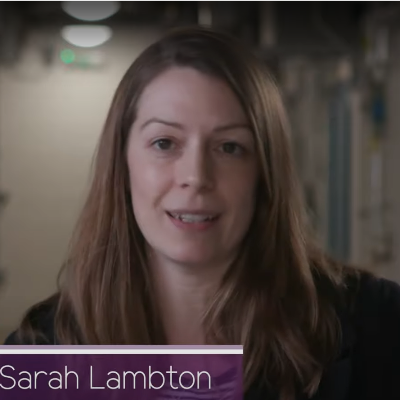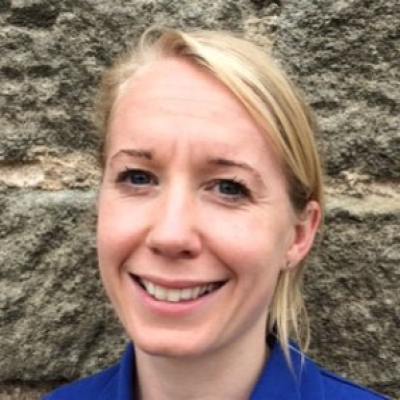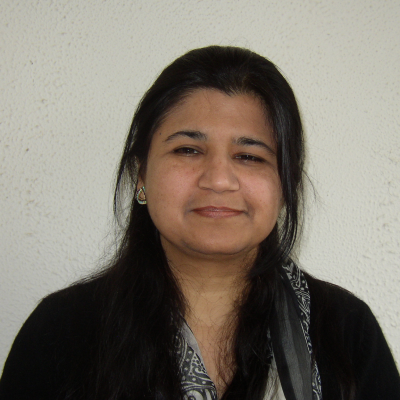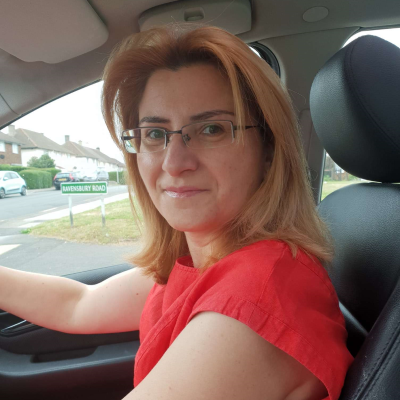CIEL | Meet the Scientist
Dr Sarah Lambton
Lecturer in Livestock Welfare and Innovation

What project/s are you currently working on?
I am currently involved in investigating how the way laying hens are reared can impact their behavioural development and cognitive capacity, since this can have knock-on effects on their behaviour, mortality and productivity later in life. We are also working with an AI tech company to develop technology which can be used to monitor broiler chicken health and welfare and help inform management decisions. This could enable farmers to identify problems such as uneven weights or high levels of lameness earlier and put tailored solutions in place. We are also exploring alternative protein sources for laying hens, including their effects on productivity and welfare, in order to reduce reliance on soya and therefore improve the sustainability of the industry.
What capability are you drawing on to deliver the research?
The Animal Welfare and Behaviour group at the University of Bristol has a long-standing international reputation for excellence in the field of animal welfare science. We draw on that experience across the full range of our projects: understanding how and why behaviours develop; how to test and record those behaviours; how to measure welfare; and what could be done to improve welfare. In particular we have a good working relationship with the poultry industry and many experienced researchers whose skills are vital in going on-farm to collect robust data in a way that does not impact the business of the farm. The CIEL-supported poultry research farm at Bristol Vet School is essential in allowing us to design projects in a controlled way whilst also replicating conditions on-farm. This gives us the capability to monitor everything from bird behaviour, to production and emissions.
What would be your ideal research project, assuming no barriers!
It’s tricky to pick one, but one of my primary areas of interest is maintaining or improving bird welfare as an integral part of the sustainability of the free range laying hen industry. This industry faces a number of challenges in the coming years with increasing demand for eggs which has to be met within challenging environmental and climatic constraints. The industry will likely see more ‘lockdowns’ in response to avian influenza outbreaks over the coming years, so I would like to improve our understanding of how birds move around and interact with their houses and facilities to help us understand how to maximise their use generally, but especially when the range is unavailable, and therefore reduce the risk of problems like injurious pecking. I would also like to understand more about the causes of mortality, which can be very variable in free range egg production systems. A reduction in this variability would improve bird welfare, as well as the sustainability of the system in the long term.
How did you arrive at doing what you do now?
I did undergraduate and masters degrees in biological sciences at the University of Oxford, where it became clear that my interest was in whole animal biology, and in particular animal behaviour. As I liked the idea of doing something that felt practical and useful, I gravitated towards applied animal behaviour, in particular farm animal welfare. After finishing my masters I loitered around the biology department in Oxford for a while, helping with various research projects and teaching statistics. Eventually I applied for and was offered a PhD at the University of Bristol, researching the development of injurious pecking behaviour in laying hens. And that is pretty much where I have been ever since. I did spend three years working for APHA (then AHVLA) as an epidemiologist, which gave me an interesting insight into disease surveillance, and the changing disease challenges faced by farmers and their livestock in the UK. This gave me a better understanding of the interplay between production, disease and welfare when I returned to Bristol to work on various projects concerned with poultry and sheep welfare.
Retailers have pledged to stop selling eggs produced by birds in cages by 2025. What are the main challenges that producers have to overcome to meet this pledge?
The egg industry has been very responsive to both animal welfare and production challenges over the last 30 years, which I think is part of the reason for its success. However, in cage free systems there remain some significant welfare issues, for example injurious pecking and keel bone damage, which have not been ‘solved’. There also remains the possibility of a ban on beak trimming. So, an understanding of how to mitigate these problems, particularly in barn systems without access to a range, is vital.
Find out more about our Founding Research Member, University of Bristol.






